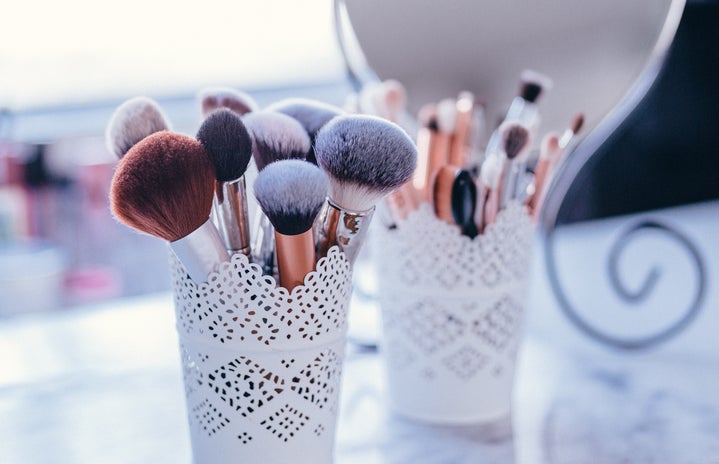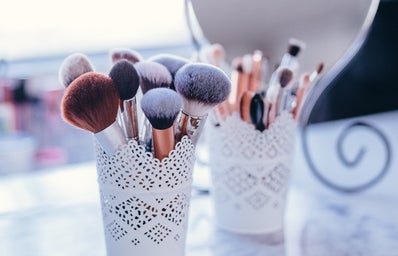“Don’t worry, you’re beautiful on the inside,” is something that I often hear when I say “I’m not beautiful.” People say it as a comfort: “don’t worry, everyone is beautiful.” They mean it as a kindness. They want to build up my self confidence and tell me that I am beautiful – even though I barely have a waist, don’t remember the last time I had a thigh gap and, am far shorter than the standard of beauty ever while be. Not to mention I never shave my legs, or my pits (TMI much?) They want to tell me that it is okay, that I am still beautiful. The sentiment behind that is wonderful, it really is. But here’s the thing, inside me is a whole lot of slimy stuff, that most (non medical professionals) don’t know the names of. I have a stomach full of acid and my veins are full of blood and I don’t even want to think about what is at the end of my digestive tract. Honestly, it smells bad too. I’m not beautiful on the inside, I’m not beautiful on the outside, and that’s okay.
Here is the thing, not everyone can be beautiful. Beauty is largely a cultural conception and, while every culture has a different conception of what beauty is, that standard is still alive. There is still the categories of “beautiful” and “not beautiful.” For example, in the United States the standards of beauty right now are thin, with large eyes, curves and a flawless complexion. I am not saying that those features are not beautiful, but for women it is what we are expected to hold as “perfection.” No matter how hard we try to ignore body standards, tell ourselves that anything can be beautiful, that just isn’t true. There will always be people who look flawless. There will always be models who capture every eye in the room. There will also be people who don’t – people who don’t have perfect skin or the ideal body type. That’s just the way it is, and that’s okay. As long as you are healthy, that’s okay.
To show just how ridiculous the idea of being “beautiful on the inside is,” take the idea of “beauty” and add in singing as a core quality. Nobody, after hearing my voice, is going to tell me: “Don’t worry, you are a good singer on the inside.” If they are extra nice, maybe they will tell me I’m not a bad singer or I didn’t make their ears bleed. Others might tell me to take voice lessons or not to sing at all. So why do we say that “you are beautiful on the inside” when that isn’t true either?
So no, in my opinion not everyone can be beautiful, and here’s why that’s okay. The question I want to ask is: “Why do I have to be beautiful?” Why is there a requirement that on my list of good traits, beauty is at the top? My body isn’t beautiful, no, but it is functional. I can run and I can sing; I can do math and hang out with friends. My body doesn’t have to be beautiful, handsome or attractive for me to live. I am smart, I have a (punny) sense of humor, I am a good baker, I am kind, I don’t like to see other people hurt – these are all things at are true about me. I am not beautiful and that’s okay because beauty is just one trait on a long list of attributes that a person has.
One might argue that it is important to look good for work. That is true. But “looking good for work” means looking professional. It means not coming in in my (very comfy) pajamas and slippers. It means that I have brushed my hair and performed enough general hygiene that people can stand to be around me. It does not mean I have to spend my life worrying about some unattainable cultural standard.
Beauty is just one trait on a long list of positive traits. While one might not live up to the cultural standard in the United States, they might be smart; they might be athletic; they might have a laugh that can make anyone smile. That’s not what would be called traditionally beautiful- but it’s just as (if not more) important. So that is why I say, “I am not beautiful” and it’s okay, and it’s okay for you not to be beautiful too. You are so much more than an unreasonable cultural standard.


